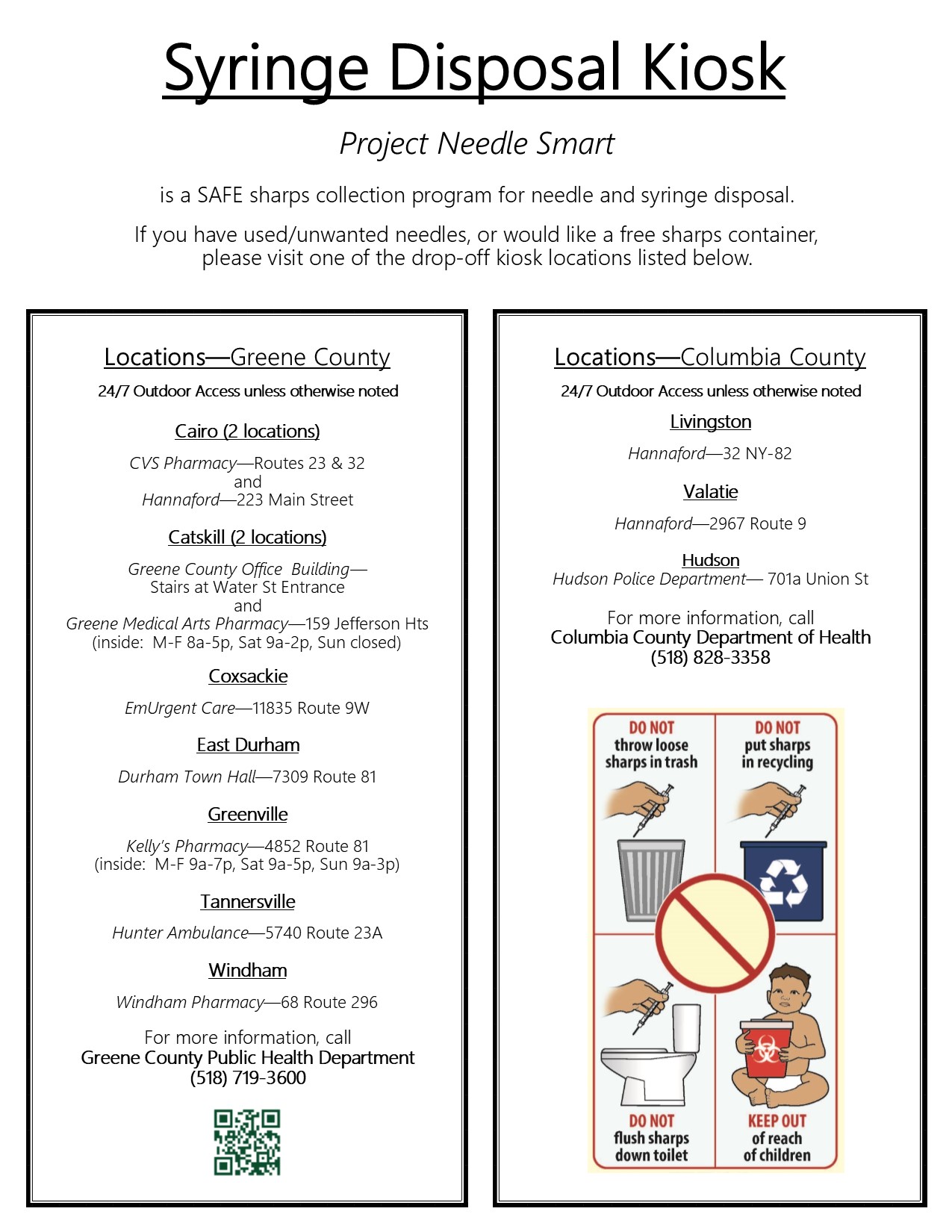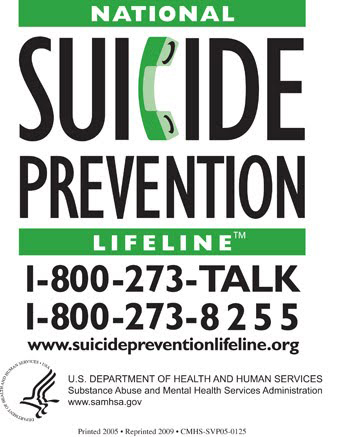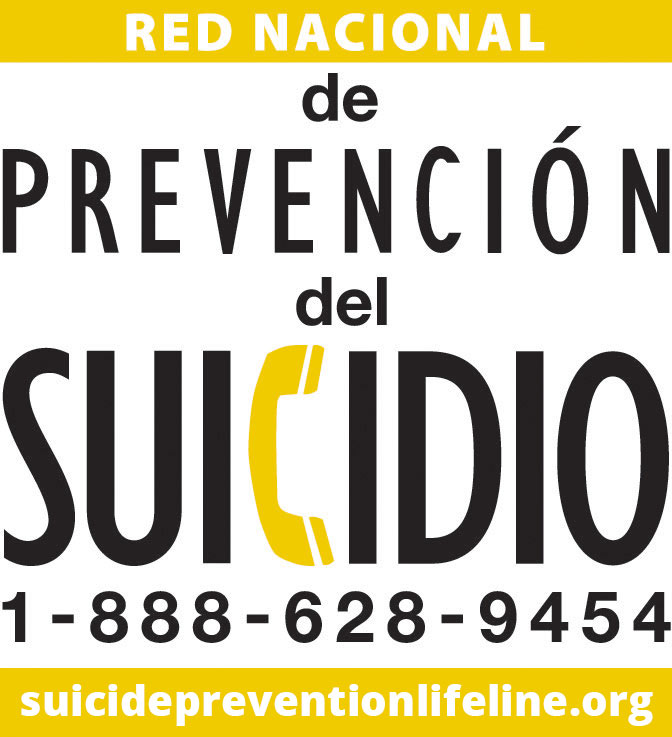Health Promotion & Injury Prevention
The mission of the Health Education division of the Columbia County Department of Health is to improve the Public’s Health through education, evidence-based interventions, and effective communication. The Public Health Promotion program educates the community about how to prevent disease in order to improve health and quality of life.
The program:
- Works with organizations to develop healthy policies and environments
- Provides community health workshops on healthy living and disease prevention
- Teams up with community partners to study the health of the community (Community Health Assessment) and conduct activities to improve community health (Community Health Improvement Plan)










